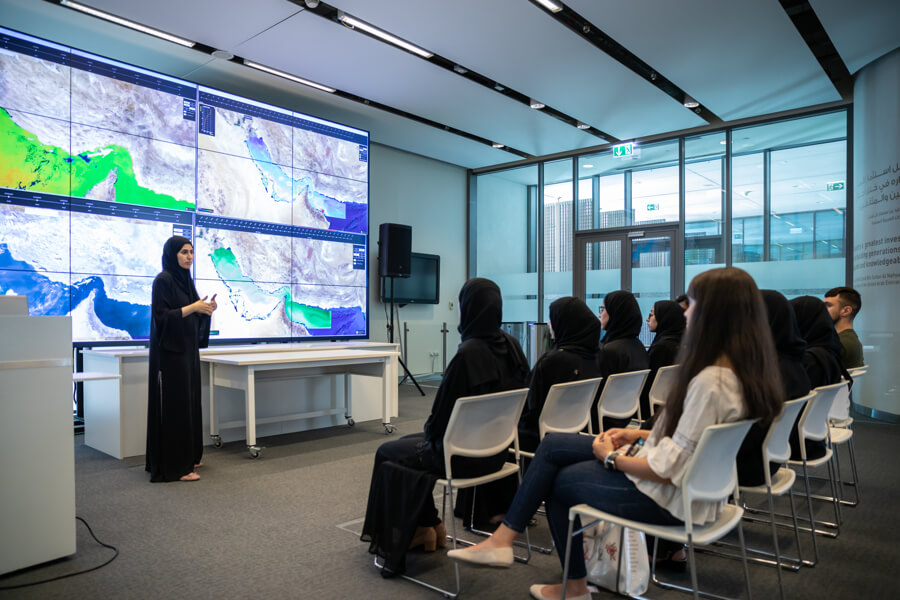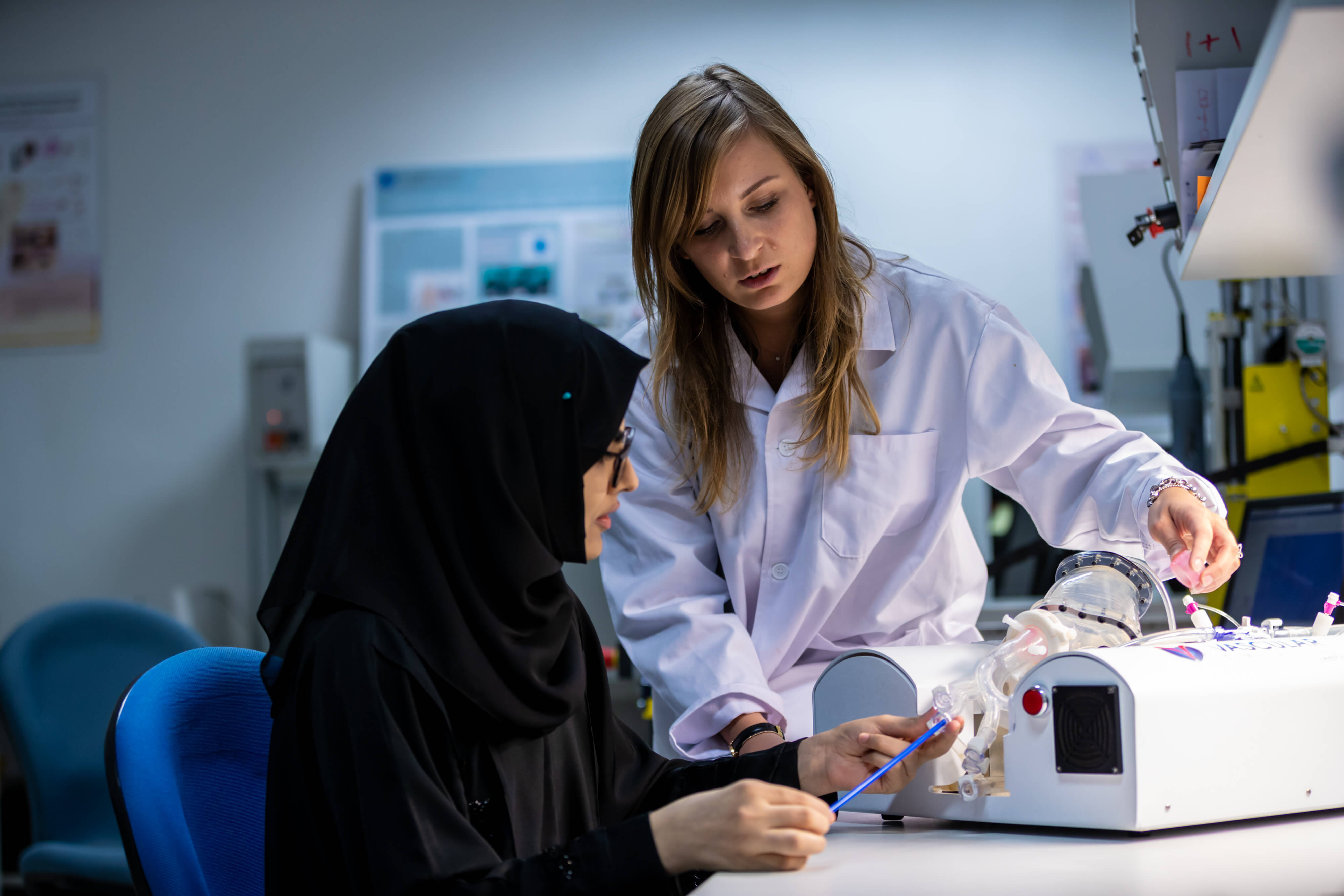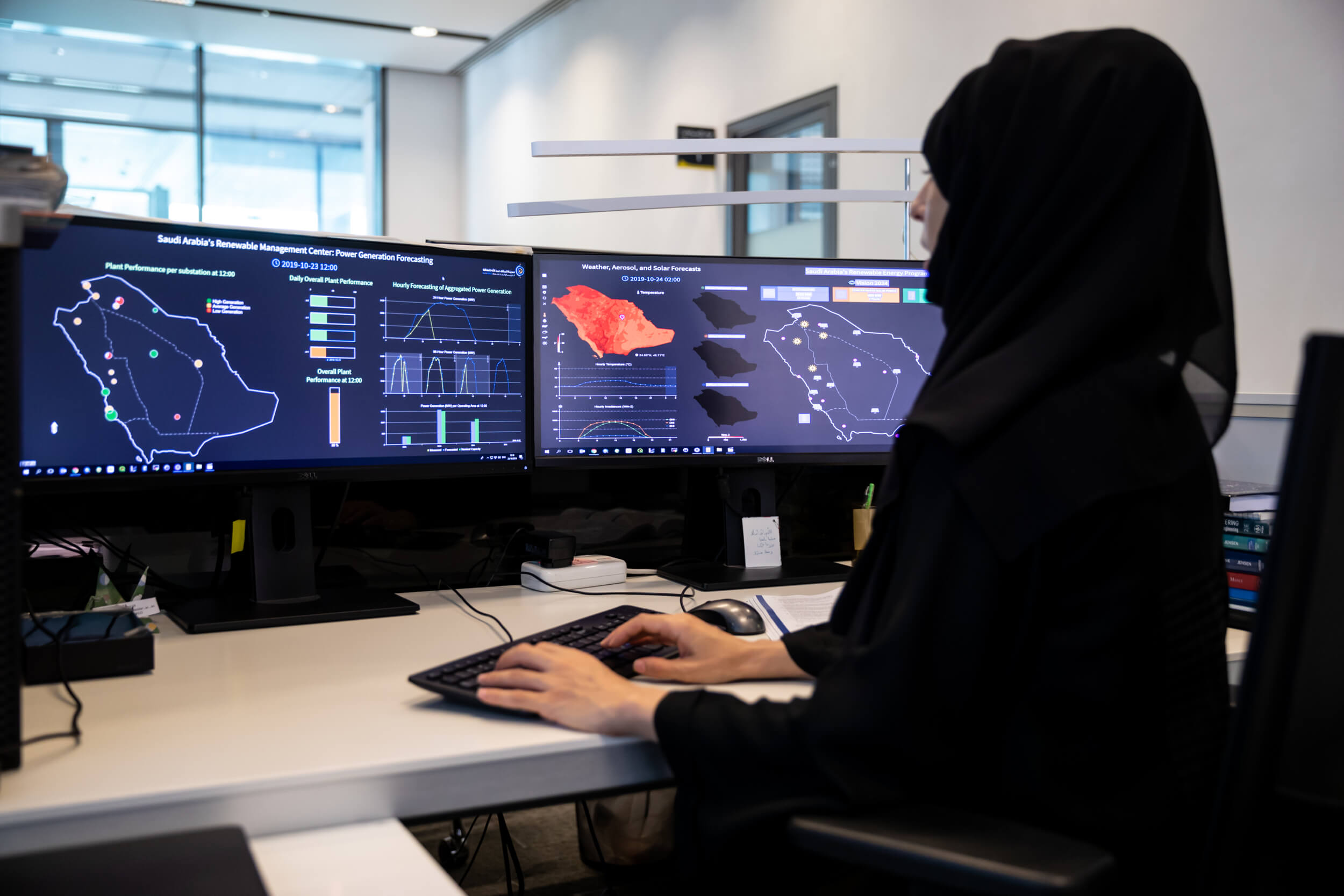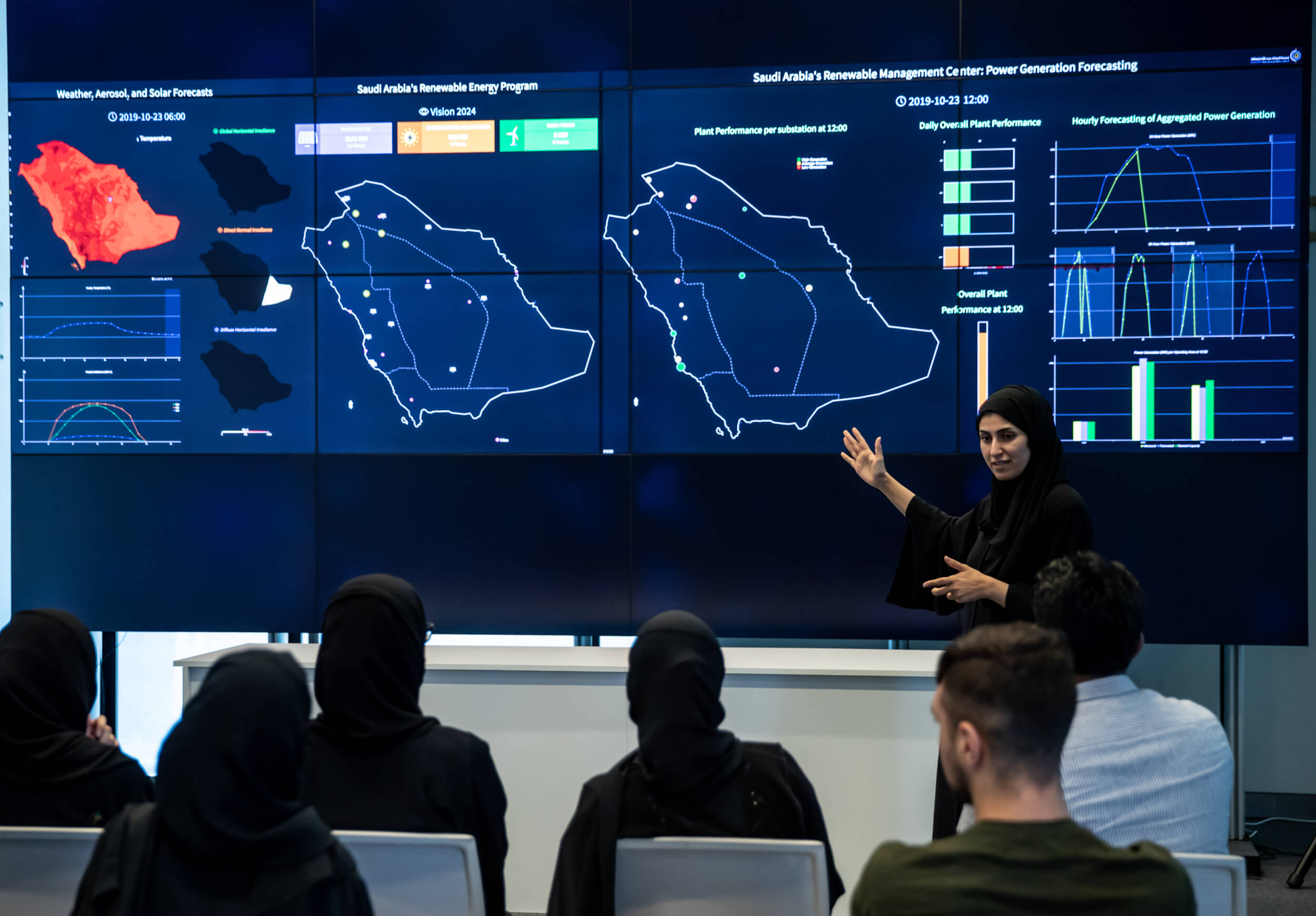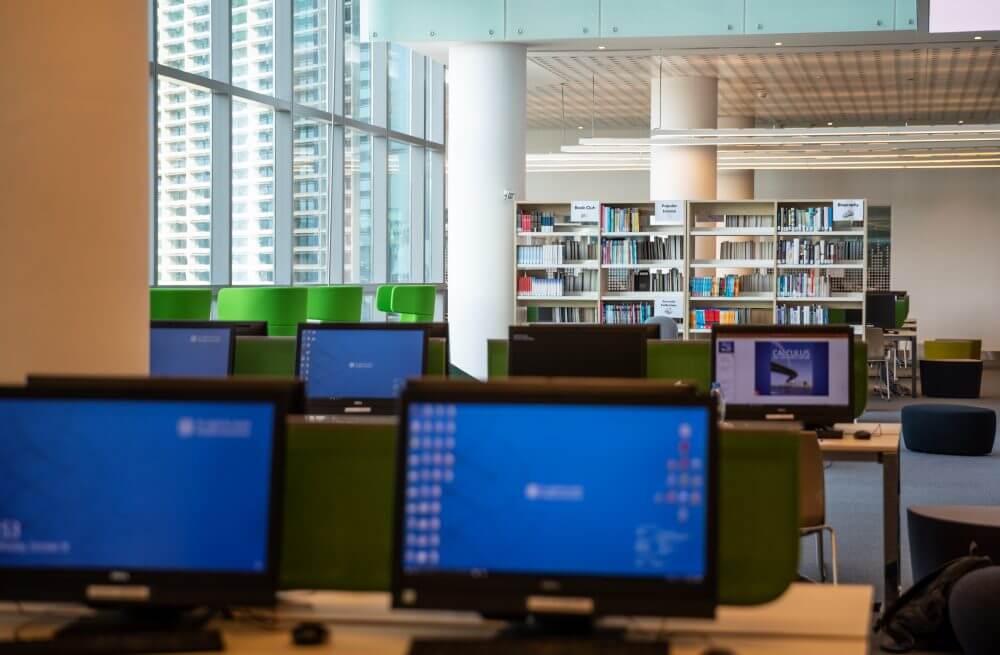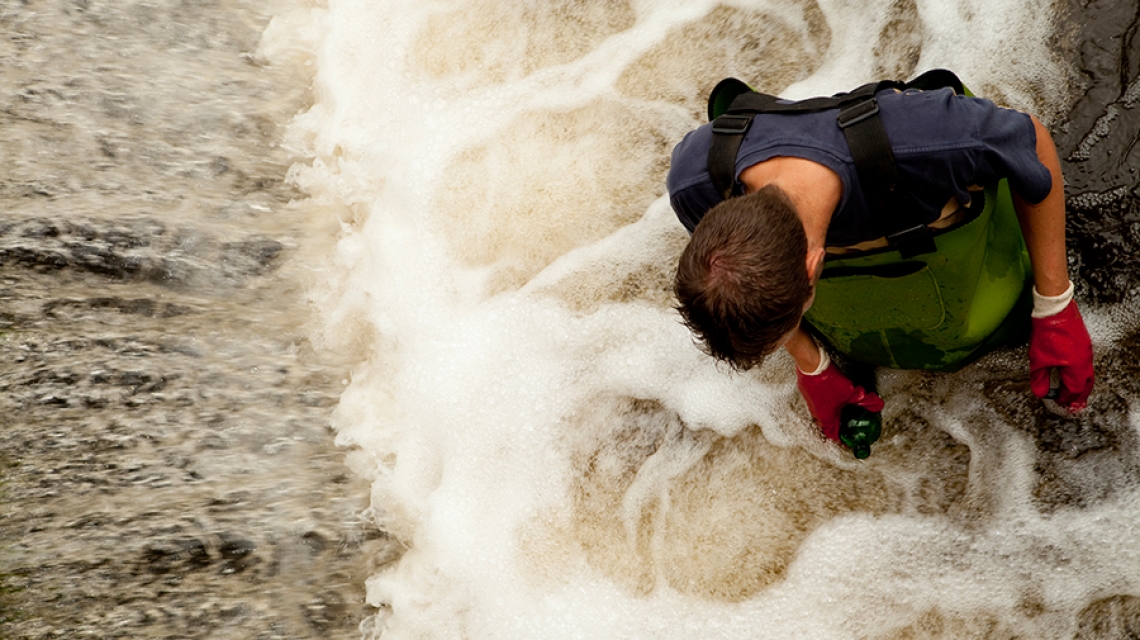
Researchers at the Masdar Institute of Science and Technology are developing innovative wastewater treatment technologies that could improve the UAE’s water infrastructure and strengthen the country’s position as a global leader in treated wastewater reuse.
Treating and reusing wastewater is an obvious need in a country with severe water scarcity, such as the UAE. For over twenty years, the UAE has relied mainly on seawater desalination to overcome its freshwater resource shortage. Today, high economic and environmental costs of desalination have necessitated the pursuit of alternative freshwater production methods. Wastewater recovery – a process that can be significantly more affordable than desalination – is considered one of the more promising ways to meet growing non-potable freshwater needs.
Currently, Abu Dhabi uses 60% of its treated wastewater for landscaping and industrial purposes. The remaining 40% is released back into the Gulf, due to limited capacity of the resupply distribution networks.
Masdar Institute aims to support the development of new wastewater treatment technologies for the UAE as well as provide new insights into optimal approaches for wastewater reuse. Such technologies and insights could help the country further achieve its ambitious wastewater treatment and reuse targets.
“In a water-scarce region that relies heavily on costly and energy-intensive seawater desalination to provide over 80% of the country’s freshwater, innovations for effective wastewater treatment are critically important to help meet the country’s growing demand for water,” explained Dr. Behjat AlYousuf, Interim Provost, Masdar Institute.
In Abu Dhabi, per capita water consumption has always been among the highest in the world, but now the emirate is consuming over 24 times its natural recharge rate – which refers to ability to naturally replenish groundwater reserves. This unsustainable level of water consumption underpins the UAE’s need to develop a robust water infrastructure.
“Masdar Institute aims to stay at the forefront of wastewater treatment research given its pivotal role in developing a robust water system in the UAE,” said Dr. Steve Griffiths, Vice President For Research, Masdar Institute.
“The wastewater treatment and reuse research conducted by our faculty contributes to the development of sustainable water resource management in the UAE,” he added.
Faculty and students from Masdar Institute’s Center for Water and Environment (iWater) and the Institute Center for Smart and Sustainable Systems (iSmart) are developing a range of innovative technologies and solutions to treat Abu Dhabi’s municipal and industrial wastewater in a sustainable and cost-effective way to help the country meet its various freshwater needs.
WASTEWATER AND HEALTH
Monitoring and protecting treated wastewater quality for human and ecosystem health is imperative. Removing harmful contaminants – including organic and inorganic compounds, microorganisms, and radioactive elements – from wastewater is the ultimate goal of a wastewater treatment plant.
Using treated wastewater for cooling and landscaping frees up potable water that can be used elsewhere, such as for household use. However, with groundwater levels depleting and population rising, extending the use of treated wastewater beyond cooling and landscaping to reuse in edible crop agriculture is a key way to sustainably meet growing freshwater demands in the UAE.
In order to ensure that treated wastewater is clean enough for crop irrigation, Dr. Farrukh Ahmad, Associate Professor of Chemical and Environmental Engineering, Dr. Jorge Rodriguez, Associate Professor of Chemical and Environmental Engineering, and Dr. Andreas Henschel, Assistant Professor of Computing and Information Science, have developed new tools to characterize pathogens, which are disease-causing contaminants present in treated wastewater.
Their innovative research is focused on determining the wastewater quality – in terms of microbiological safety – so it can be decided whether the wastewater needs additional cleanup before it can be recycled back into our food production chain through edible crop irrigation.
The team employed the newly developed tools to test the treated wastewater at the Mafraq Wastewater Treatment Plant for pathogens at three different stages of treatment and after chlorine disinfection. A risk assessment was administered to determine whether adverse health effects, specifically outbreaks of the bacteria Salmonella, can result from consuming food irrigated with this treated effluent.
“We hope to establish new methods and standards for determining water quality that can be applied across the country with the help of government agencies in Abu Dhabi,” Dr. Ahmad said.
These standards could then be used to maintain quality standards for treated wastewater for food crop irrigation in the UAE.
Another promising research project being led by Dr. Linda Zou, Professor of Chemical and Environmental Engineering, seeks to produce freshwater suitable for agricultural use through an innovative hybrid approach, which combines two technologies – nano-filtration membranes and reverse osmosis.
“Relying on membrane processes alone, such as reverse osmosis, not only removes the contaminants, but also some beneficial nutrients,” Dr. Zou explained. “Through our hybrid approach, which involves the use of ion selective nano-filtration membrane processes combined with reverse osmosis to help filter the water, we are able to retain some of these valuable nutrients in the recycled water, which can then be used for both agricultural and industrial uses.”
The novel approach removes salt and other pathogens from the wastewater, while retaining the nutrients – such as plant fertilizers, calcium, magnesium and sulfur – needed to promote healthy plant growth, making it ideal for agricultural farms and horticulture nurseries. Dr. Zou has demonstrated the success of the nano-filtration and reverse osmosis membranes at Masdar Institute’s membrane pilot plants.
NANOTECHNOLOGY
Quality standards are just one of many aspects to achieving the goal of increased wastewater reuse in the UAE. Another aspect is ensuring those standards can be efficiently and effectively met.
Innovations in nanotechnology are offering a lot of potential to advance water purification technologies in this regard, producing systems that are significantly more effective at removing microbes and other contaminants that live in wastewater.
Masdar Institute is capitalizing on recent materials advancements and leveraging their expertise in the field to develop cutting-edge wastewater treatment technologies that utilize a range of nanotechnologies.
One such project is being led by Assistant Professor of Chemical and Environmental Engineering Dr. Shadi Hasan. The project is a collaboration with the Massachusetts Institute of Technology (MIT) and seeks to produce high quality freshwater by coupling nanowire filtration – filters made of thin, manganese dioxide and titanium dioxide nanoparticles – as a post-treatment process with bio-electrochemical treatment – whereby microbes break down organic matter in anaerobic conditions, producing free electrons for electricity.
“The nanowire material developed through this project has already demonstrated a strong ability to eliminate the pollution caused by the presence of heavy metals and organic contents in wastewater,” Dr. Hasan said. “An integration technology combining this with the state-of-art bio-electrochemical system offers great potential for wastewater treatment.”
Together, the nanowires and the electrically active microbes effectively filter out much of the organic and inorganic contaminants, as well as heavy metals and harmful microbes.
Another innovative water project that leverages nanotechnology to produce high quality freshwater is being led by Dr. Ahmad. The project aims to remove contaminants from wastewater using a sustainable approach involving a filter made of carbon nanotubes and titanium dioxide nanospheres. By attaching titanium dioxide nanospheres onto a filter made of a water-permeable bed of carbon nanotubes, the contaminants in the wastewater are adsorbed – meaning they stick to the carbon bed. Once the carbon bed can no longer adsorb more contaminants, it can be easily cleaned by shining a light onto the light-reactive titanium dioxide particles to stimulate contaminant degradation.
A patent application was filed for this innovative technology, which is designed to remove pharmaceutical contaminants from wastewater. The technology has proven successful at removing a number of harmful pharmaceuticals that are commonly flushed down toilets and released into the water stream, including anti-depressants, anti-psychotics, Alzheimer’s medicines, Parkinson’s medicines, and many others.
REDUCING COSTS
In order to reduce the operational cost and energy footprint of wastewater treatment plants, Masdar Institute is researching advanced water technologies that are both more affordable and more energy-efficient.
One such project is being led by Dr. Hasan and it aims to produce high quality effluent at a low cost through the use of a submerged membrane electro-bioreactor (SMEBR). In a SMEBR device, biological processes, membrane filtration and electrocoagulation – which is a water treatment process that uses an electric current to remove various contaminants from water – take place simultaneously, significantly reducing membrane fouling and increasing the amount of clean water produced.
Fouling – the unwanted build-up of salt and bio-material on desalination membranes – is a major challenge to the widespread application of membrane technology in wastewater treatment. By reducing fouling by eight times compared to conventional membrane bioreactors (MBRs), the SMEBR is able to generate higher quality treated wastewater while consuming less energy than conventional membrane-based treatment technologies. The incorporation of enhanced biological processes and electrocoagulation also reduces the system’s dependency on high-pressure pumps, resulting in a more affordable and energy-efficient plant.
SMEBR has already been proven successful in North America, but has never been tested in arid and hyper-arid climates like the UAE. Dr. Hasan is currently leading the design of a SMEBR to withstand the UAE’s harsh environment. Preliminary results of the lab-scale SMEBR unit being installed at Masdar Institute show that the innovative device has great potential as a wastewater treatment technology for the UAE. Dr. Hasan is currently developing a mobile, hybrid wastewater system using the SMEBR technology that can be installed in every house, building or small community.
Another Masdar Institute project that aims to reduce both operational costs and carbon footprint of wastewater treatment is sponsored by the National Research Foundation and is being led by Dr. Rodriguez. The project aims to support the development of more efficient nitrogen removal from Abu Dhabi’s high temperature and saline wastewater.
Removing organic pollution and nitrogen from wastewater can account for 30% to 60% of a wastewater treatment plant’s operation costs. In an attempt to make nitrogen removal more efficient, Dr. Rodriguez has collaborated with VeBes O&M – a wastewater treatment plant operating and maintenance company – to develop a mathematical model that identifies opportunities for a smaller energy footprint treatment operation.
The detailed model studies the interactions between the microbial metabolisms involved in the nitrogen cycle and the impact of high temperature and high salinity, which is characteristic of most of UAE’s wastewater, on the performance of the microbes that catalyze the removal of nitrogen.
Reducing a wastewater treatment plant’s operational cost and energy demand is pivotal to the economics of wastewater recycle. Water treatment-based innovations that reduce such costs are key to the country’s future water security.
WASTEWATER STORAGE
The United Nations defines water security as the capacity of a population to safeguard sustainable access to adequate quantities of acceptable quality water for sustaining livelihoods, human well-being, and socio-economic development, for ensuring protection against water-borne pollution and water-related disasters, and for preserving ecosystems in a climate of peace and political stability. Critical to the UAE achieving its goal of water security then is improving access to freshwater reserves.
Due to the growing consumption rates of the UAE’s freshwater, the country’s limited natural groundwater resources have been drying up. Scientists at Masdar Institute have determined that the UAE’s groundwater is not sufficiently replenishing itself due to a combination of over-pumping and a high evapotranspiration rate. These factors combine to reduce the country’s ability to maintain adequate freshwater reserves. Treated wastewater, however, may help overcome this challenge.
In order to help Abu Dhabi achieve a truly sustainable water infrastructure, Dr. Ahmad has proposed to not just treat wastewater, but to store it in an innovative way — underground through a process known as managed aquifer recharge (MAR). In MAR, treated wastewater is pumped back into emptied natural aquifers.
By storing the treated water underground instead of above ground, it can be preserved from losses caused by the high evapotranspiration rates, which refers to soil evaporation and plant transpiration.
Additionally, MAR may actually improve the quality of the treated wastewater by storing it with groundwater, which contains natural microbial communities that play an important role in maintaining water quality. Pumping treated water back into the UAE’s depleted aquifers can also help preserve the country’s soil and water resources by preventing the intrusion of saltwater, which occurs when groundwater has been over pumped.
“MAR may be the key to helping the UAE reach 100% wastewater re-use. When treated wastewater is produced in excess of what is needed at the time, MAR ensures its proper storage so that it can be used when needed, without being wasted,” said Dr. Ahmad.
While desalination is a key approach the UAE has relied upon to overcome its freshwater scarcity, wastewater treatment is equally important for achieving water security.
The existing gap between freshwater demand and supply in the UAE can be further closed by treated wastewater reuse, which is why Masdar Institute researchers are pursuing a range of wastewater treatment approaches to make wastewater treatment safer, cheaper, and more environmentally friendly.
By leveraging its faculty’s expertise as well as its state-of-the art labs and resources, Masdar Institute is developing cutting-edge wastewater treatment knowhow and systems, directly contributing to the development of the resilient water infrastructure that is critically needed for the UAE’s continued economic growth and prosperity.
Erica Solomon
News and Features Writer
27 June 2016


